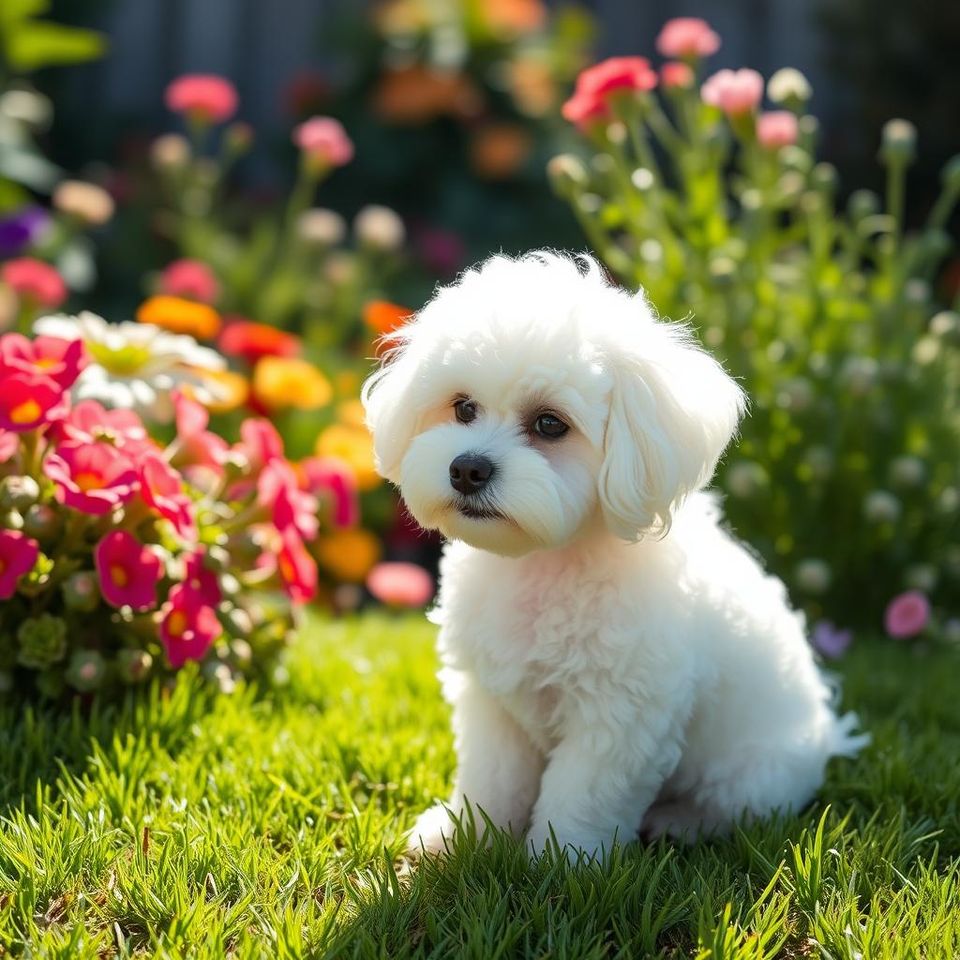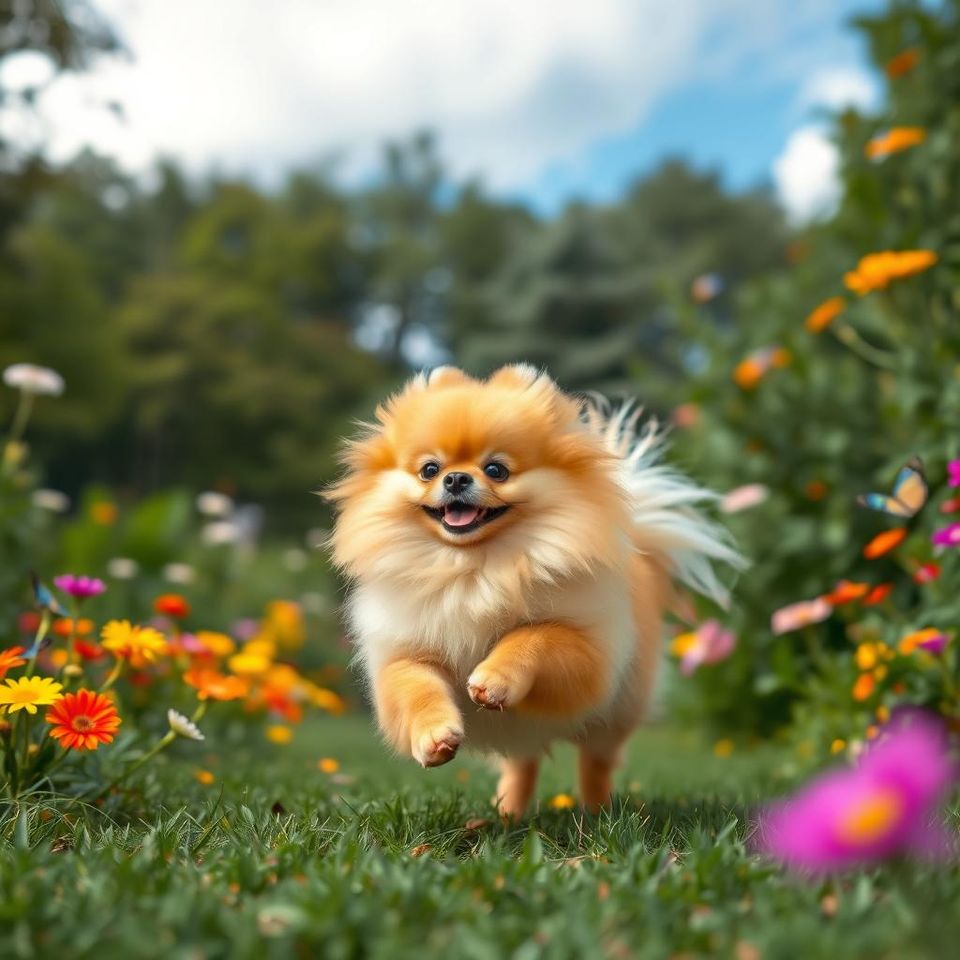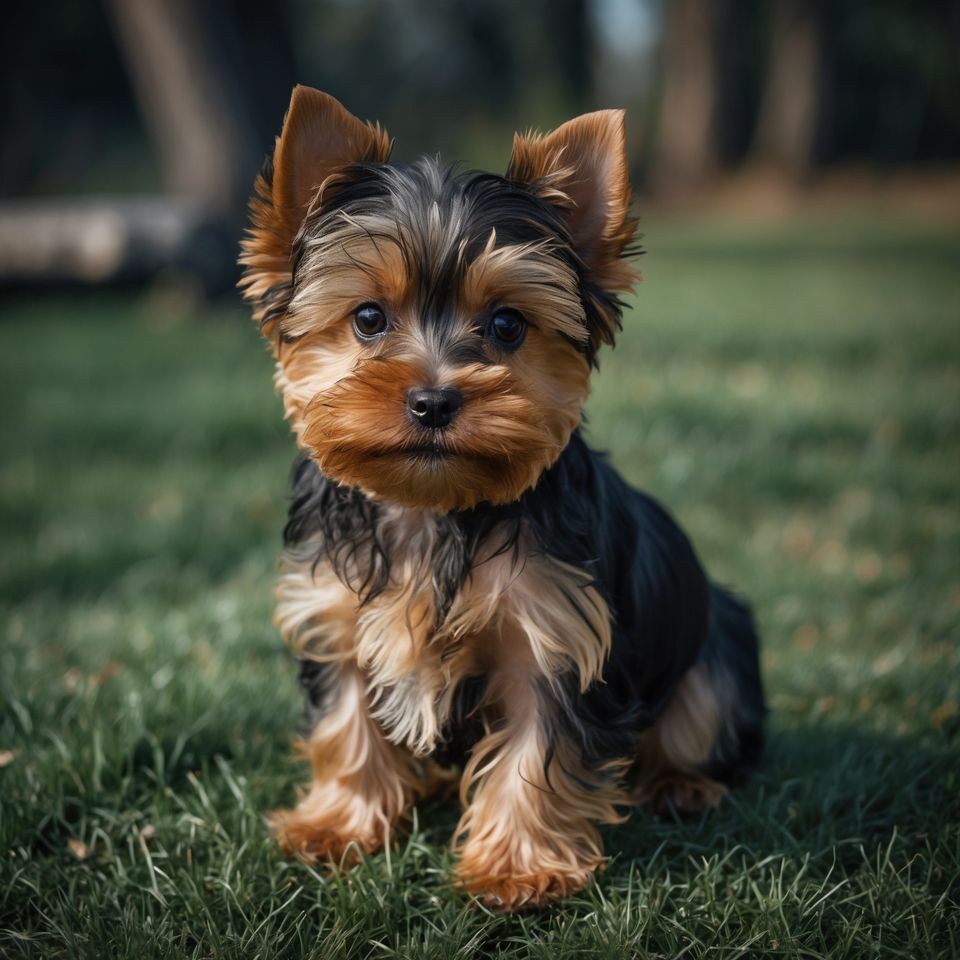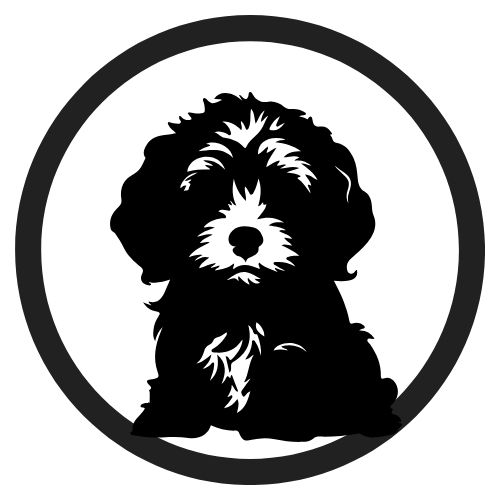Cute Puppy Dogs
Guidance for Your Puppy’s Care, Nutrition, and Training
Disclaimer: Content Features Links That Pay Us Commissions at No Extra Cost to You

Hello From Your Friends at
Cute Puppy Dogs
We understand that bringing a new puppy into your home is a joyful, heartwarming experience. But it can also be challenging because you are not sure about all the things you need to do to take care of your new pet.
This website will provide you with tools, knowledge, and resources that you need to give your puppy the best care, from their first bath, their meals and snacks, making them a comfortable place to sleep, and more. Whether you are looking for tips on training, health care, or their nutrition, you have come to the right place.
We provide you with advice on puppy care, nutrition, and training techniques, as well as showcasing some of the cutest and most loving companion breeds like the energetic Yorkshire Terrier, the cuddly Pug, and the affectionate Shih Tzu.
Please note that we make select puppy product recommendations with links to products for your dog. These links may pay us a commission at no additional cost to you. This helps support the website with its operating expenses. Our goal is to help you raise a happy, healthy puppy and build a bond that will last a lifetime.
This website will provide you with tools, knowledge, and resources that you need to give your puppy the best care, from their first bath, their meals and snacks, making them a comfortable place to sleep, and more. Whether you are looking for tips on training, health care, or their nutrition, you have come to the right place.
We provide you with advice on puppy care, nutrition, and training techniques, as well as showcasing some of the cutest and most loving companion breeds like the energetic Yorkshire Terrier, the cuddly Pug, and the affectionate Shih Tzu.
Please note that we make select puppy product recommendations with links to products for your dog. These links may pay us a commission at no additional cost to you. This helps support the website with its operating expenses. Our goal is to help you raise a happy, healthy puppy and build a bond that will last a lifetime.
Three Types of Companion Dogs

Smaller Dogs
Discover the delightful world of small breed companions that are big on love and personality. From the spirited Yorkshire Terrier to the charming Yorkie and the affectionate Shih Tzu, these pint-sized pups make perfect cuddle buddies and are ideal for apartment living. Learn about their unique traits, care needs, and why they make such wonderful lifelong friends.

Medium Dogs
Medium-sized puppies offer a fantastic balance of energy and affection. Breeds like the friendly Beagle, the adaptable French Bulldog, and the cheerful Cocker Spaniel are known for their sociable natures and make excellent companions for families and individuals alike. Find out what makes these dogs special and how to care for them.

Fluffy Breeds
Fall in love with a fluffy puppy that is as cuddly as it is loveable. Featuring the hypoallergenic Bichon Frise, the lively Pomeranian, and the graceful Maltese, this category includes breeds with luxurious coats and loving dispositions. Grooming tips, health advice, and care guidance will help you take great care of your cherished companion.

Choosing the Right Puppy
How to Make the Right Decision
Bringing a puppy into your life is a big decision, and choosing the right one can make all the difference for you and your new companion. Every puppy has its unique personality, and finding a breed that fits your lifestyle is key to creating a lasting, joyful bond. Whether you live in a cozy apartment or have a large backyard, understanding the needs of different breeds can help you choose a puppy that is a perfect match for your home and routine.
When selecting a puppy, it is important to consider factors like size, temperament, and energy level. Smaller breeds like Yorkshire Terriers and Shih Tzus are perfect for those who want a loyal companion that does not require much space. These breeds are often great for city living or smaller homes, and they thrive on affection and close companionship.
On the other hand, medium-sized breeds like the playful Beagle or friendly Cocker Spaniel offer a balance between size and energy. These dogs are ideal for families and enjoy outdoor activities while still being wonderful indoor companions.
Another important consideration is grooming needs. Fluffy breeds like the Bichon Frise or Pomeranian may require more frequent brushing and coat maintenance to keep them looking their best, but they offer hypoallergenic qualities that can be ideal for allergy sufferers. If you prefer a low-maintenance grooming routine, a short-haired breed might be more suitable.
It is essential to think about how much time you can dedicate to training and socialization. Some breeds are naturally more independent, while others crave constant attention and may need more training to ensure they grow into well-behaved adults. Puppies with higher energy levels will require more exercise and mental stimulation to stay happy and healthy.
65% of U.S. Citizens Would
Consider Buying a Tiny Home

Training Your New Puppy
With Simple Commands
Training is one of the most important aspects of raising a well-behaved, happy puppy. Establishing good habits early on will not only make life easier for you but will also help your puppy feel more secure and confident in their new home. The key to successful puppy training is consistency, patience, and positive reinforcement.
One of the first steps in training your puppy is to start with the basics, such as potty training and crate training. Puppies thrive on routine, so it is important to set a consistent schedule for bathroom breaks and feeding times. Crate training can be especially useful in creating a safe, comfortable space for your puppy when you are not able to supervise them. Be sure to make the crate a positive place by offering treats and toys, and never use it as a form of punishment.
Next, focus on basic commands like “sit,” “stay,” and “come.” These commands form the foundation for more advanced training later on. Use positive reinforcement such as treats, praise, and affection whenever your puppy follows a command. Keep training sessions short and fun, as puppies have short attention spans. Regular practice, even for just 5-10 minutes a day, can make a huge difference in how quickly your puppy learns.
Socialization is another crucial part of training. Puppies that are properly socialized tend to be more confident and less anxious in new situations. Expose your puppy to different people, environments, and other animals early on, but always in a controlled and positive way. Puppy playdates, walks in the park, and visits to dog-friendly stores can help your puppy become more comfortable with the world around them.
Finally, be patient. Puppies are full of energy and curiosity, and while training can be challenging at times, it is important to stay consistent and avoid getting frustrated. Every puppy learns at their own pace, but with positive reinforcement and plenty of encouragement, your new companion will grow into a well-mannered and happy dog.
The Manufactured Housing Industry
Built Nearly 106,000 Homes In 2021

Feeding Your New Puppy
Basic Nutrition Information
Feeding your puppy the right food is essential for their growth, development, and overall health. Puppies have different nutritional needs than adult dogs, so it is important to choose a high-quality diet that supports their rapid growth and energetic lifestyle. Whether you are feeding kibble, wet food, or a mix of both, understanding the basics of puppy nutrition will help you make the best choices for your new furry friend.
The foundation of a healthy puppy diet should include puppy-specific food. Puppy food is formulated with higher levels of protein, fat, and essential nutrients like calcium to support strong bones and muscle development. Look for a food that lists meat as the first ingredient, and avoid products with fillers like corn, wheat, or soy, which provide little nutritional value. Most reputable brands offer breed-specific or size-specific formulas to ensure that puppies of different sizes get the appropriate nutrition.
For smaller breeds, like Yorkshire Terriers and Shih Tzus, small-breed puppy food is ideal, as it is designed with smaller kibble size and nutrient levels that meet their high metabolism needs. Medium-sized puppies, like Beagles and Cocker Spaniels, can benefit from formulas that support their moderate growth rate without overfeeding. Be sure to follow the recommended feeding guidelines on the packaging, adjusting as needed based on your puppy’s weight and activity level.
In addition to commercial puppy food, it is important to know what human foods are safe for puppies. Some safe options include plain, cooked chicken, carrots, green beans, and pumpkin, all of which can be offered as occasional treats or mixed with their regular food in moderation. However, avoid feeding your puppy harmful foods like chocolate, grapes, raisins, onions, garlic, and anything with artificial sweeteners like xylitol, as these can be toxic to dogs.
You should also establish a consistent feeding schedule. Puppies generally need to eat three to four small meals a day. As they grow, you can gradually reduce this to two meals a day. Fresh water should always be available to your puppy, especially during and after meals.
As your puppy grows, their dietary needs will change, so it is important to consult your veterinarian for specific recommendations. They can help you determine the right feeding plan for your puppy’s breed, size, and health status. Regular veterinarian check-ups will ensure that your puppy is growing at a healthy rate and getting all the nutrients it needs.
The Manufactured Housing Industry
Built Nearly 106,000 Homes In 2021

Bonding With Your Puppy
Building a Strong Relationship
The bond between you and your puppy is one of the most rewarding parts of pet ownership. As your puppy grows, building trust and strengthening your connection will lead to a lifetime of companionship, loyalty, and joy. Establishing this bond early is essential, and it begins with small, everyday interactions that show your puppy it is safe, loved, and valued. A strong bond will help your puppy grow into a confident, happy dog that trusts you completely.
Spending quality time together is key to deepening your bond. Whether it is playtime, training, or simply relaxing together, every moment you spend with your puppy helps them understand that they can rely on you. Incorporating interactive games, like fetch or tug-of-war, not only provides exercise and mental stimulation but also helps build trust and communication. These playful moments are important for your puppy’s development and can lay the foundation for a strong emotional connection.
Physical affection is another way to strengthen your relationship. Most puppies thrive on petting, cuddling, or gentle grooming can all help reinforce positive feelings. Each breed has different levels of affection, but all puppies benefit from gentle, reassuring contact from their owners.
Establishing a routine also plays a big role in creating trust. Puppies, like all dogs, feel more secure when they know what to expect. Regular feeding times, walks, and play sessions not only provide structure for your puppy’s day but also show them that you are reliable and caring.
Positive reinforcement is one of the most effective ways to strengthen your bond with your puppy. Rewarding good behavior with treats, praise, or affection reinforces that you are a source of positivity and trust. This approach helps your puppy feel confident and secure in their new environment.
